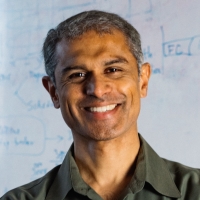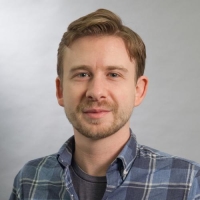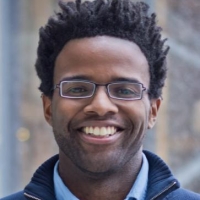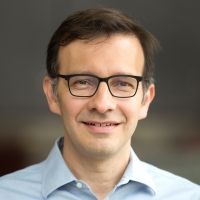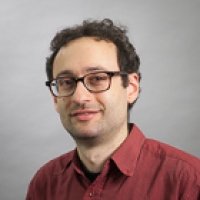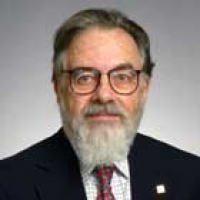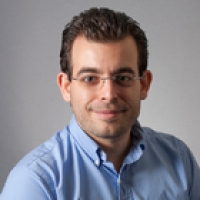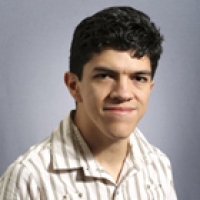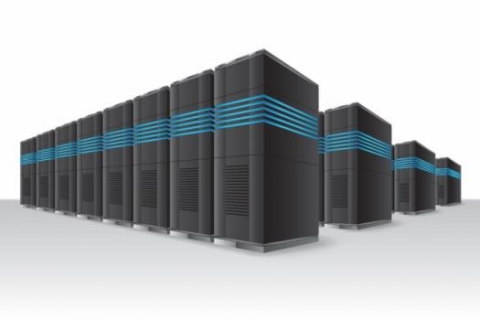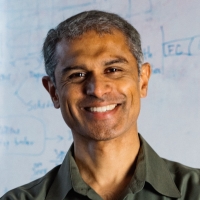
PI
Core/Dual
Hari Balakrishnan
Hari Balakrishnan is the Fujitsu Professor of Computer Science and Artificial Intelligence at MIT. His research is in networked computer systems, with current interests in networking, sensing, and perception for sensor-equipped mobile devices connected to cloud or edge services running in datacenters. He has made a number of contributions to congestion control, resilient networks, wireless networks, mobile sensing and computing systems, and database systems.
Balakrishnan received his PhD in 1998 from the EECS Department at UC Berkeley, which named him a Distinguished Alumnus in 2021, and a BTech in Computer Science in 1993 from IIT Madras, which named him a Distinguished Alumnus in 2013. His honors include the Marconi Prize, the ACM SIGCOMM Award recognizing lifetime contributions to "mobile and wireless systems, resilient networks, and congestion control" (2021), the IEEE Kobayashi Computers and Communications Award (2021), the Ernst and Young Entrepreneur of the Year Award for the New England region (2021), the Infosys Prize for Engineering and Computer Science (2020), and the ACM doctoral dissertation award (1998). He was elected to the National Academy of Engineering in 2015 and to the American Academy of Arts and Sciences in 2017. He is also a Fellow of the ACM (2008), Fellow of the IEEE (2020), and a Sloan Fellow (2002). He has received six "test of time" awards for papers with long-term impact from SIGCOMM (2011), SIGOPS hall-of-fame (2015), SIGMOD (2017), and SIGMOBILE (2017, 2018), and SenSys (2019), and has won several best-paper awards including at SIGCOMM, Mobicom, NSDI, USENIX, and the IEEE Bennett paper prize (2004). At MIT, his honors include the Harold E. Edgerton faculty achievement award for research, teaching, and service (2003), the HKN best instructor award (2018), the Jamieson teaching award (2012), the Junior Bose teaching award (2002), and the Spira teaching award (2001). He has advised about 30 PhD students and 10 postdocs who have made their mark in research and industry at leading universities and companies.
In 2010, based on the CarTel project, Balakrishnan co-founded Cambridge Mobile Telematics (CMT). CMT's mission is to make the world's roads and drivers safer. Using mobile sensing and IoT, signal processing, machine learning, and behavioral science, CMT's platform measures driving behavior to improve driving behavior and reduce risk, provides crash alerts and roadside assistance, and creates a smooth connected claims process. Today, CMT is the world's leading telematics and analytics provider, serving millions of users worldwide by partnering with insurers (including powering telematics programs at 21 of the top 25 US insurers), gig operators, auto manufacturers, and the personal safety industry.
Balakrishnan was an advisor to Meraki from its inception in 2006 to its acquisition by Cisco in 2012. In 2003, Balakrishnan co-founded StreamBase Systems (acquired by TIBCO), the first high-performance commercial stream processing (aka complex event processing) engine. Between 2000 and 2003, he helped devise the key network QoS algorithms for Sandburst (acquired by Broadcom). He is currently an advisor to a dozen startup companies.
Related Links
Last updated Jun 26 '23
